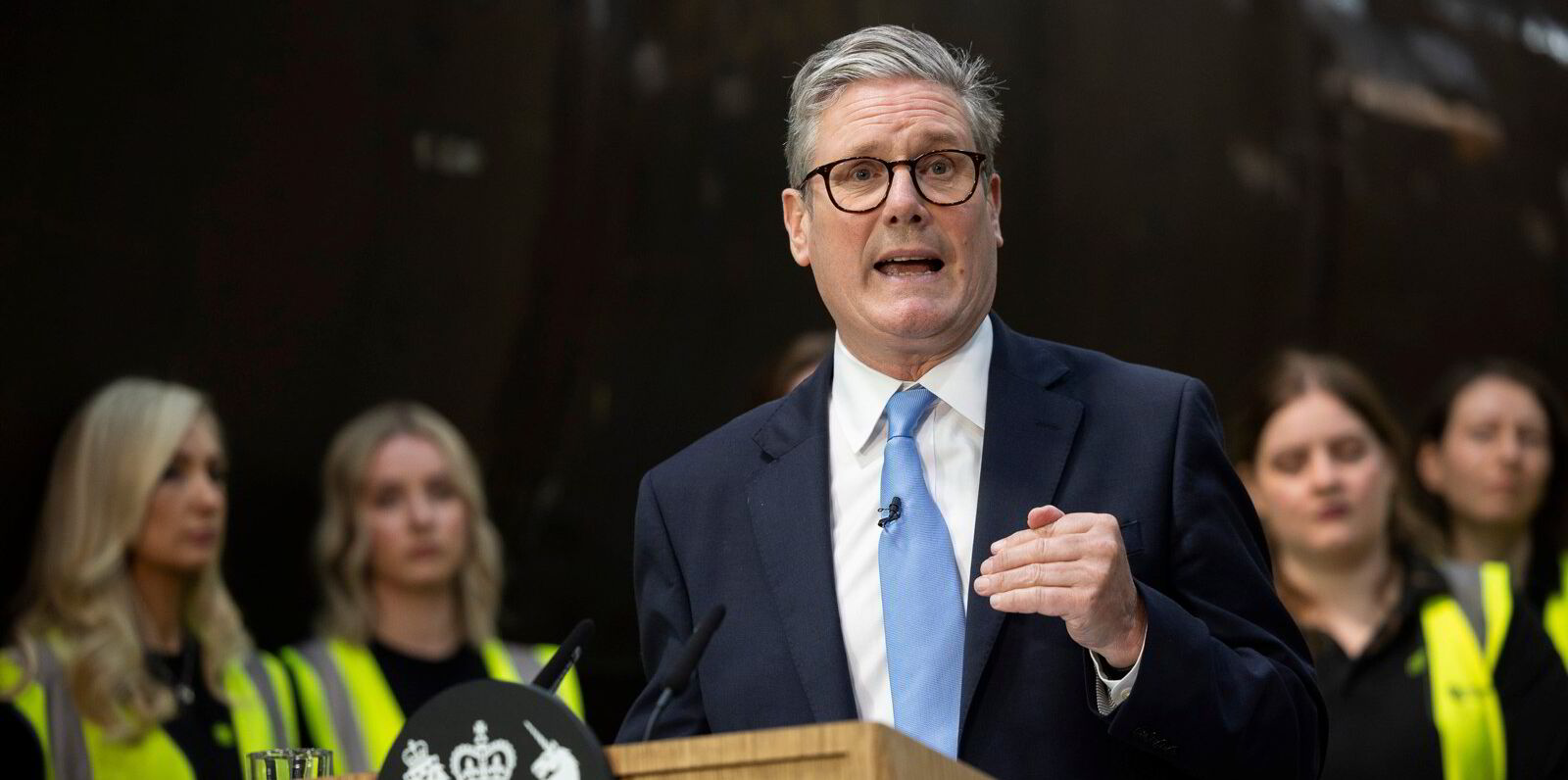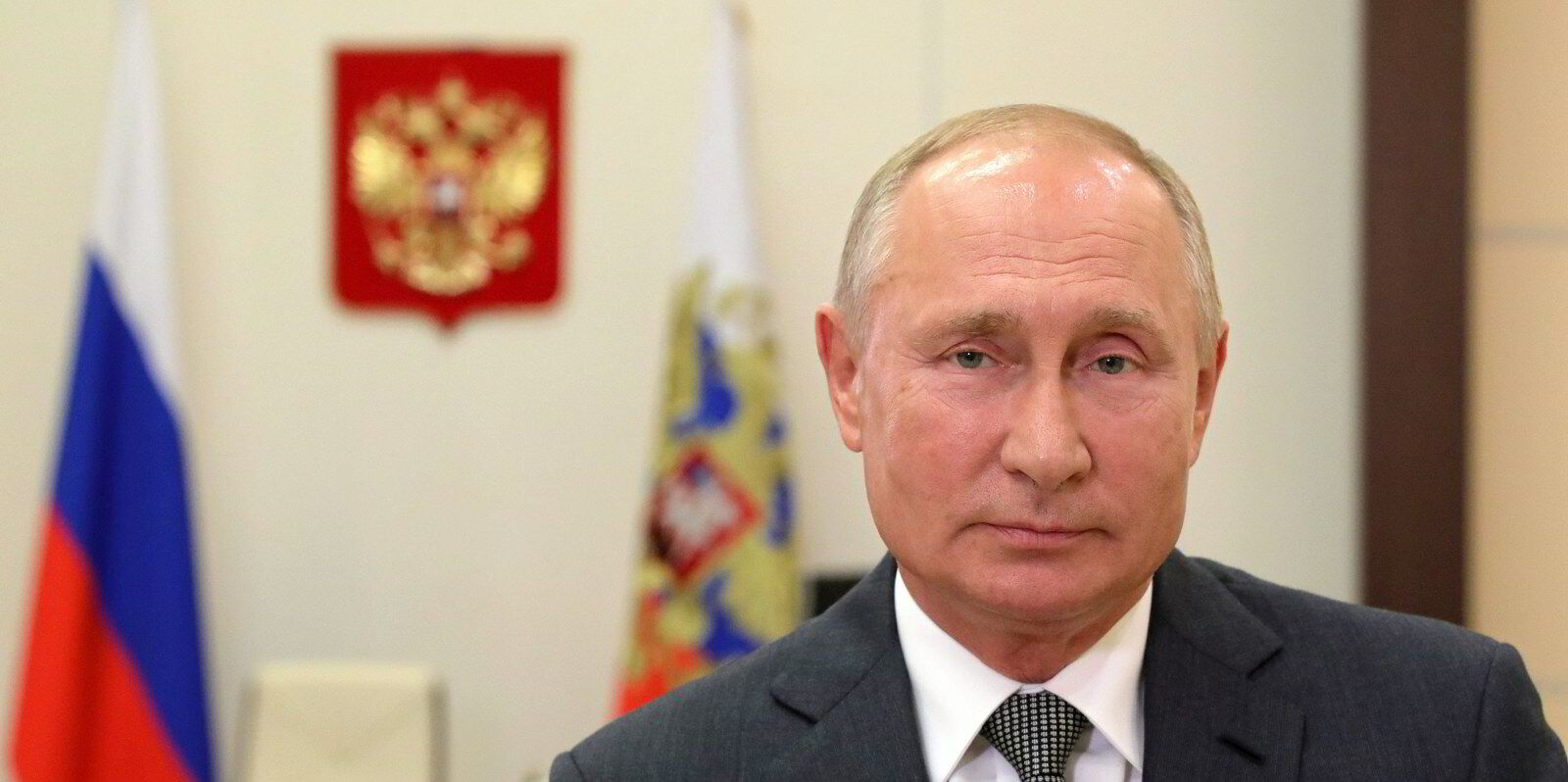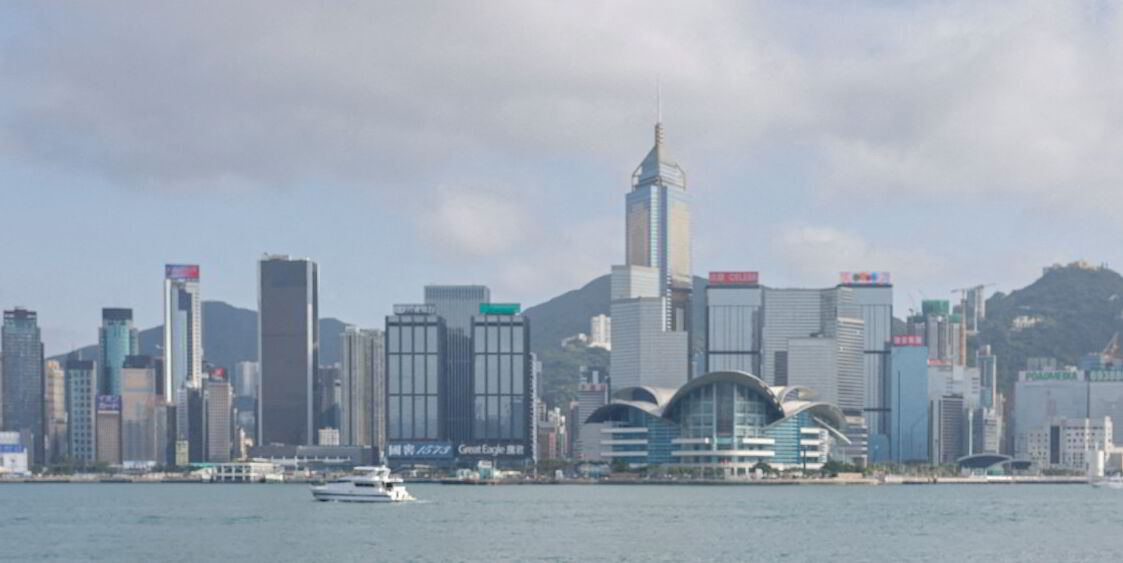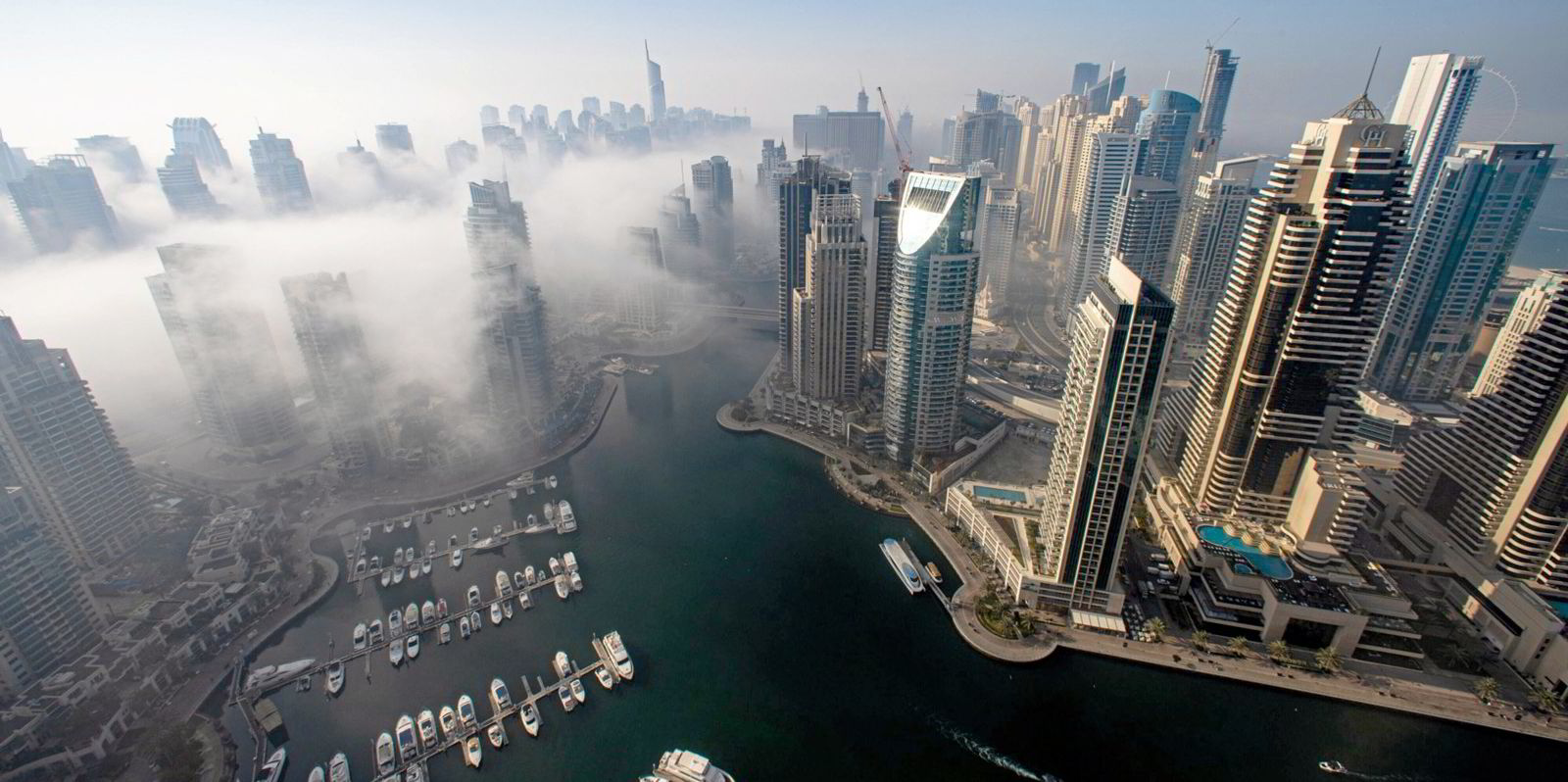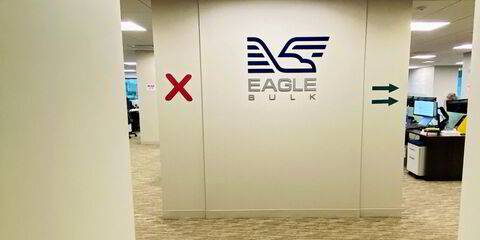A tanker blacklisted by the UK over Russia-related oil trading has loaded a crude cargo within a week of being hit by sanctions, according to ship tracking databases.
The 146,400-dwt Fighter Two (built 2006) loaded 972,000 barrels of oil on Wednesday, the first time a tanker sanctioned by the UK has taken on a cargo, according to Kpler ship and cargo data.
The Cook Islands-flagged Fighter Two was designated on 18 July in the second wave of individual tanker designations announced by Britain.
The first wave targeted four ships on 13 June. Three of them have sat for weeks outside the Russian Baltic port of Ust-Luga without loading.
The Fighter Two, with a single-ship owner and managed by Dubai-based Almuhit Alhadi Marine Services, loaded the barrels from the Caspian Pipeline Consortium Terminal near Novorossiysk in the Black Sea, where crude is received via pipeline from oilfields in Kazakhstan, according to Kpler.
The vessel had previously been managed by Radiating World Shipping Services, another Dubai-based ship manager that was designated by the UK in December for its alleged involvement in the Russian oil trade.
The UK has sanctioned 15 tankers since 13 June after a change in the law this year.
It had previously targeted ship managers, including Radiating World. However, that proved largely ineffective: the vessels moved to new companies and continued Russian operations.
The Fighter Two moved to Almuhit before Radiating World was blacklisted, according to ownership database Equasis.
The latest measures targeting individual tankers block a sanctioned ship from entering a UK port, as well as barring British citizens or companies from transactions linked to the vessel.
It in effect bars the ship from the UK insurance and financial markets.
Ships can still operate with non-UK linked insurance and finance.
But the sanctioned vessels have been largely inactive since the designations.
Experts said that probably reflected the complex involvement of Western finance in cargo ownership or other service provision that would take time to unravel.
Legal experts say the blacklisting of 40 individual vessels by the US since last October has had a significant impact on those vessels, many of which appear to have dropped out of regular trading.
This reflects the power of the US over dollar transactions. Financiers, insurers and other service providers are apparently avoiding the vessels because of the potential follow-up action by Western regulators.
But some vessels have resumed their activities after taking measures including reflagging, finding new insurers and operating in markets outside the reach of G7 enforcement measures.
British officials had hoped for the same impact, but the loading of the Fighter Two reflects the more limited effect of UK sanctions, backed by less potent powers than can be wielded by the US.
“We really find the US sanctions are the ones that stick,” said David Tannenbaum, of Blackstone Compliance Services, which works with maritime intelligence company Pole Star on sanctions programmes.
“Companies abide by US sanctions because there are significant risks. When you’re blocked, you lose everything … You’re in a very small corner of the world.”
The European Union also sanctioned ships for the first time last month, including 17 tankers, some of which had previously been targeted by the British and Americans. None appears to have collected a cargo since being sanctioned.
Almuhit Alhadi Marine Services and the UK Foreign Office have been approached for comment.
Read more
- First shadow fleet LNG carrier loads cargo at Russian Arctic terminal
- US law firm Squire Patton Boggs extends European expansion with new Swiss office
- Trade wars, tankers and protectionism: What a Trump White House comeback could mean for shipping
- Fire hits key Rosneft refinery after latest Ukrainian drone strike
- Malaysian authorities capture fleeing Chinese VLCC involved in collision with Hafnia vessel
